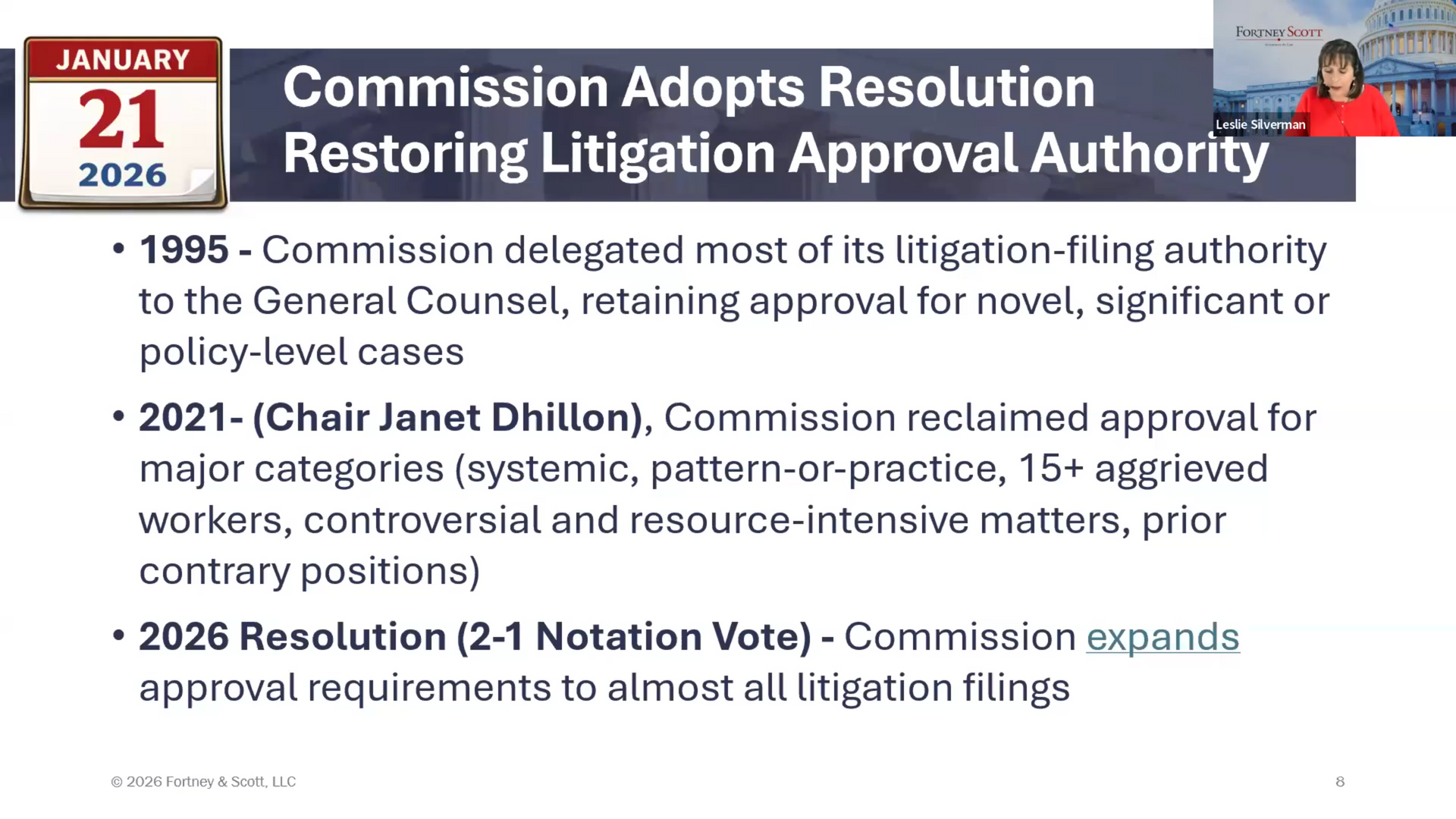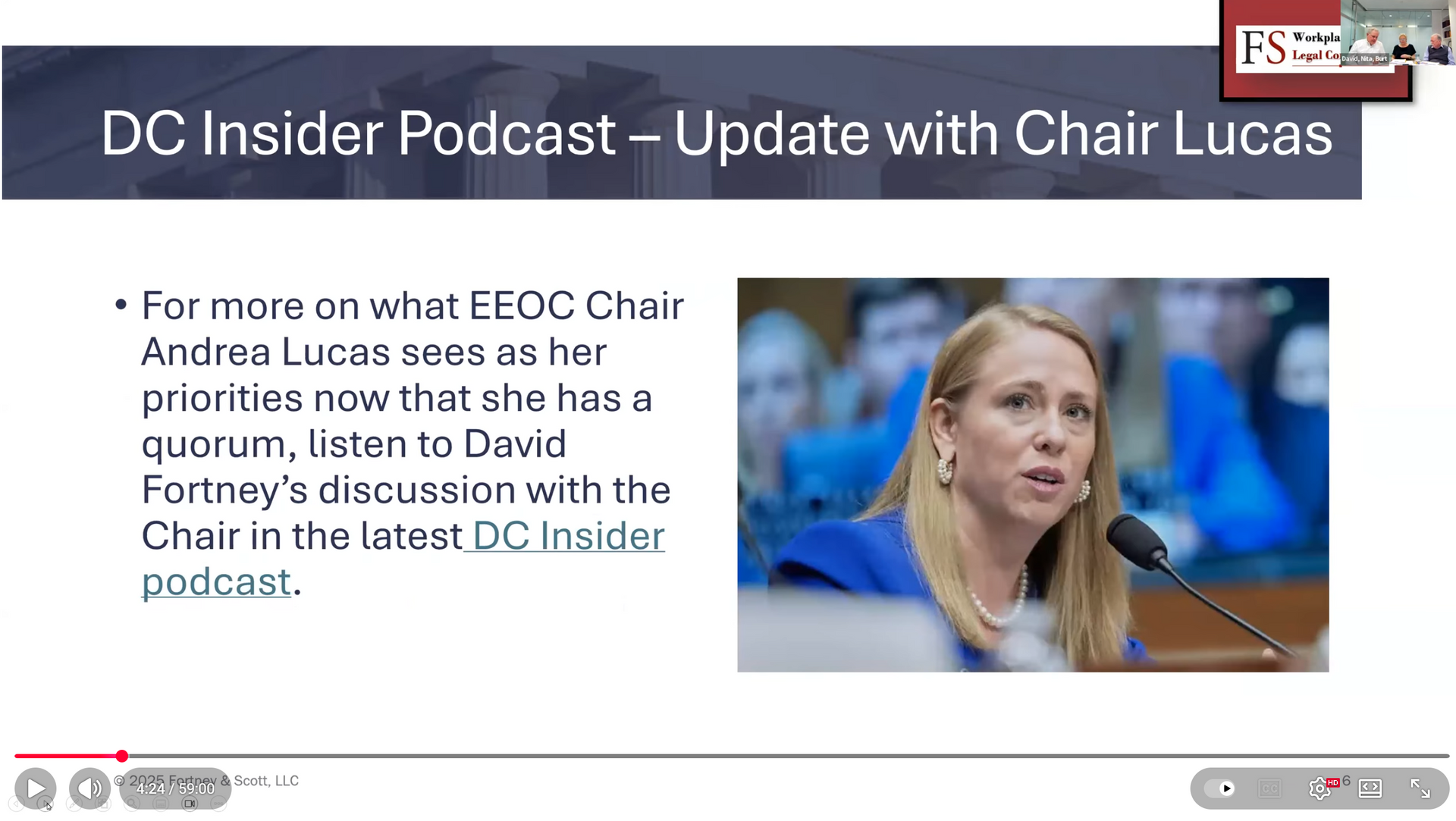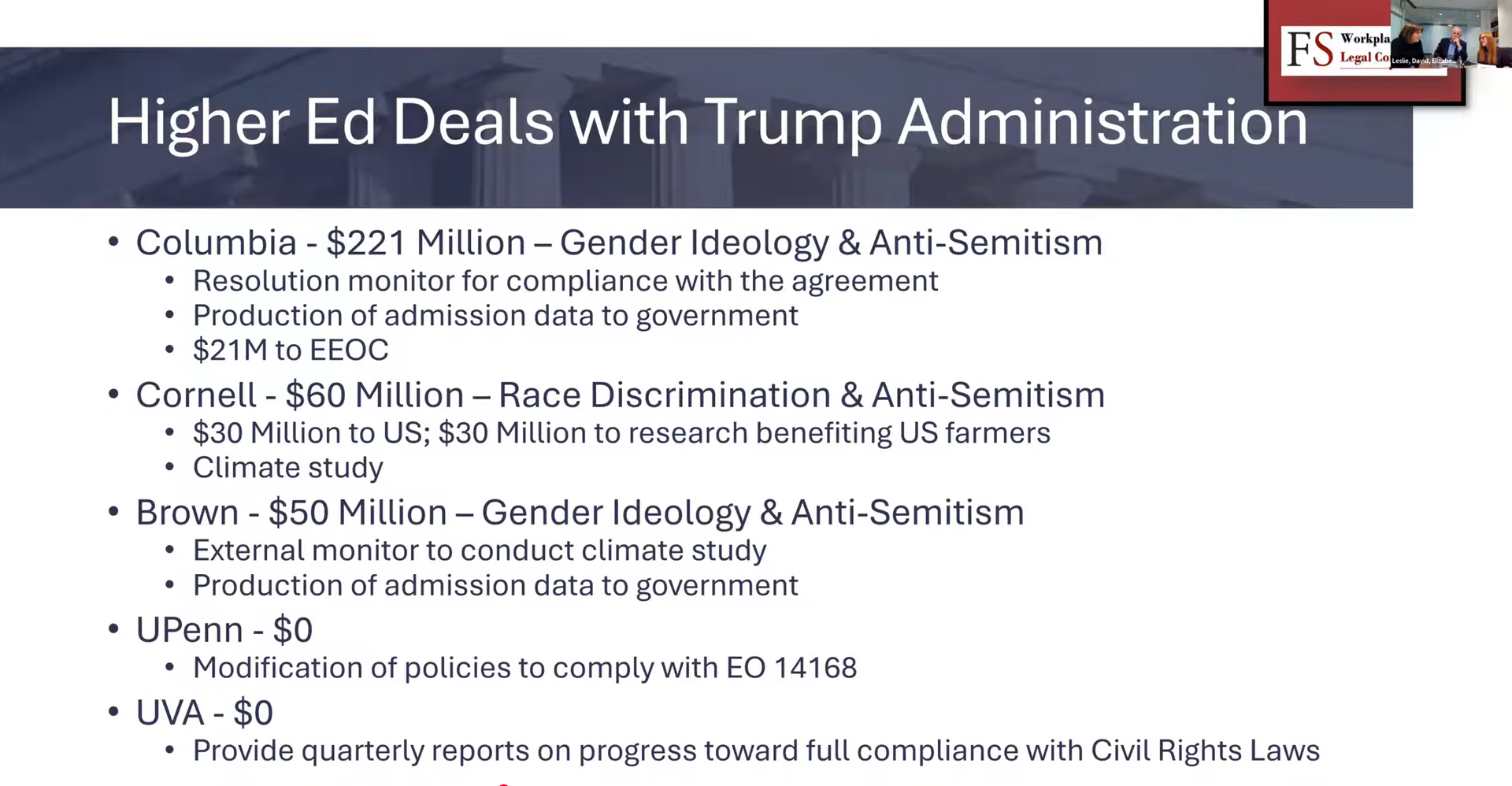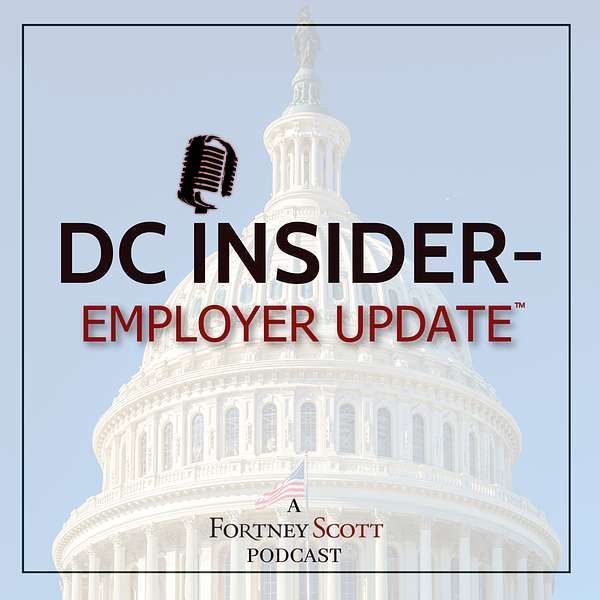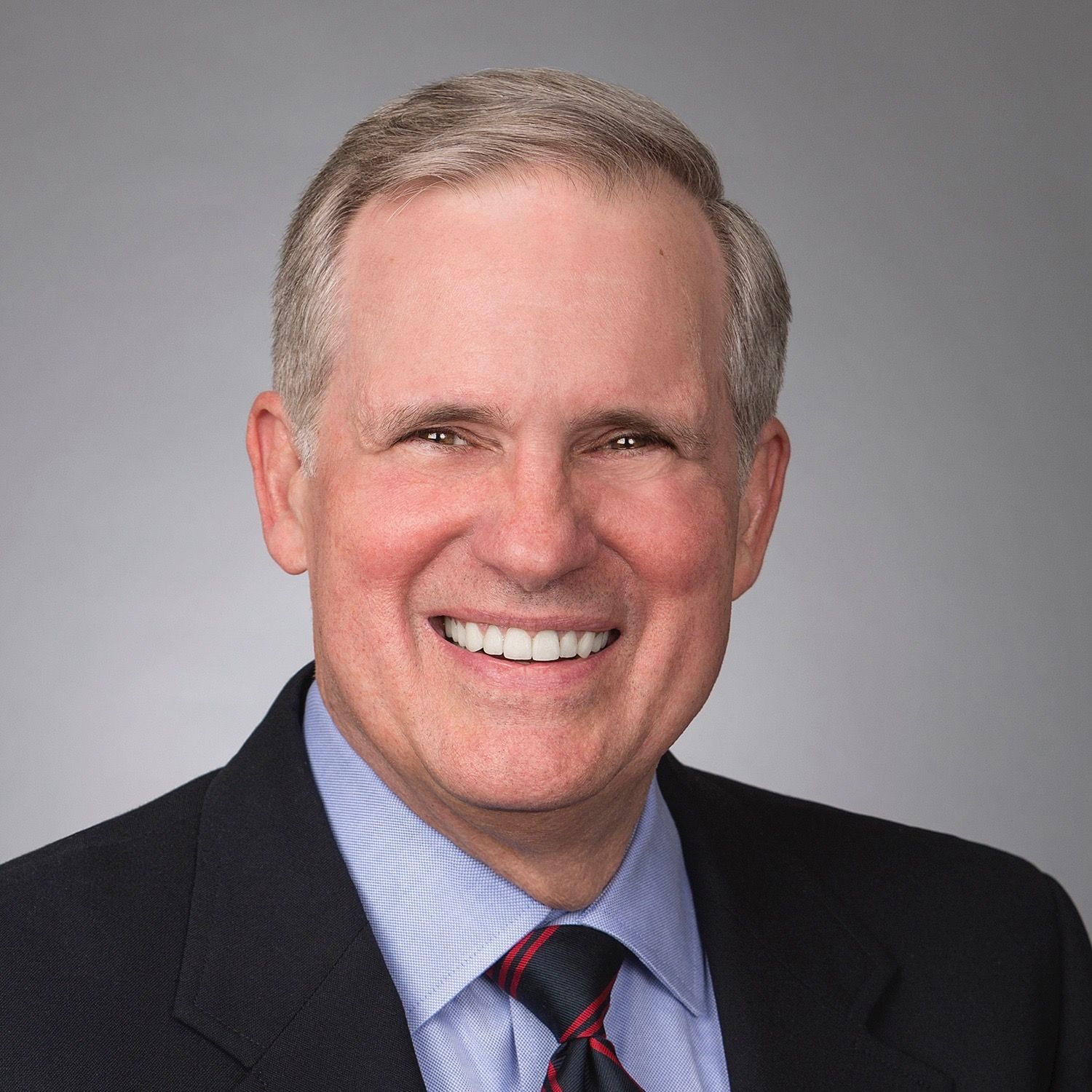EEOC Public Meeting on “Revamping Workplace Culture to Prevent Harassment”
The EEOC held an important public meeting on “Revamping Workplace Culture to Prevent Harassment” on October 31, and Sara Nasseri, an attorney from FortneyScott, attended. Continue reading to find out recommendations and best practices for employers in the current environment in which there is growing awareness and complaints about harassment and discrimination in the #MeToo environment.
The meeting focused on the EEOC’s efforts in addressing sexual harassment in the workplace. The meeting was an open discussion between EEOC’s leaders and various witnesses and experts in the field on steps that employers, and the community as a whole, should take in the wake of the growing momentum of the #MeToo movement. The areas that were discussed and that offer the key points for employers’ compliance efforts include:
- changing company culture,
- ensuring strong leadership and accountability, and
- implementing effective policies, procedures, and training.
The EEOC’s Substantial Efforts : Acting EEOC Chair Victoria Lipnic reviewed EEOC’s efforts to date. For decades, the EEOC has investigated and litigated all types of harassment in all types of workplaces. When the #MeToo movement began about a year ago, EEOC was already leading efforts. Indeed, the agency’s focused efforts began about three years ago with the creation of the Select Task Force on the Study of Harassment in the Workplace which comprised of 16 members from around the country from a range of industries. After 18 months of extensive study, a detailed report was issued by the EEOC Co-Chairs, which echoed the same themes of company culture, leadership and accountability, and policies, procedures, and training that were voiced during the public meeting. The task force reconvened this past June. The Acting Chair and Commissioners stressed the role the EEOC has been trying to take as an enforcer, educator, and leader.
The Panelists Presentations : Seven panelists, ranging from a management labor and employment attorney to a rape and sexual assault survivor and activist, presented their testimonies on their perspectives on the issue and their recommendations for the EEOC. All panelists were questioned on various aspects of their testimonies and each was given an opportunity to really engage with the agency from both a personal and a professional perspective.
The key takeaways from the panelists include:
- The EEOC is hoping to be a leader in this movement and their efforts have not gone unnoticed – it is reported that charges filed with the EEOC alleging sexual harassment the past FY 2018 increased by 13.6% from FY 2017.
- Focus on company culture and for employers to shape their cultures in such a way as to stop harassment before it even starts.
- Account for harassment on all bases and not just focus on sexual harassment in light of the growing #MeToo movement.
- Understand that there is no “one size fits all” approach to policies, procedures, and training and tailoring different approaches to different types of workplaces. There are different vehicles by which to conduct training, which includes a wide range from harassment prevention and response to civility training.
- Emphasize transparency so that communication lines are open and the workforce can trust that measures will be taken.
Next Steps for Employers : Company culture was underscored and it was strongly recommended that employers “own” their culture down to the individual workplace level. Employers training and response efforts must be broad enough and targeted enough not only regarding harassment on the basis of sex but on all bases of unlawful discrimination, and across all industries. Well-counseled employers are going well beyond the traditional, narrowly focused sexual harassment training.
If you have questions or need assistance on how your company can navigate the complexities and ever-evolving nature of the #MeToo movement, related training, or if you need more information about EEOC’s stepped up enforcement efforts, please contact Sara Nasseri or your FortneyScott attorney.



